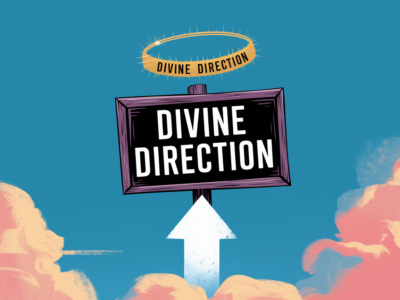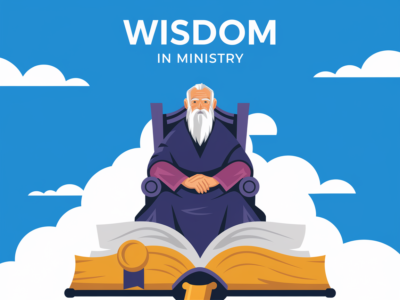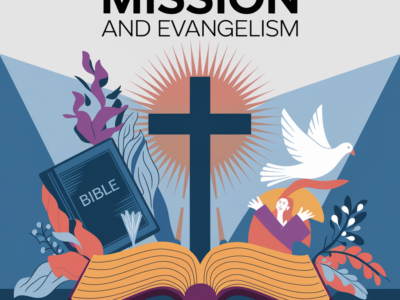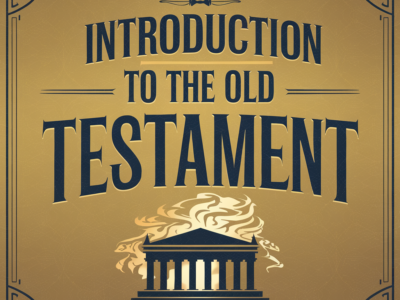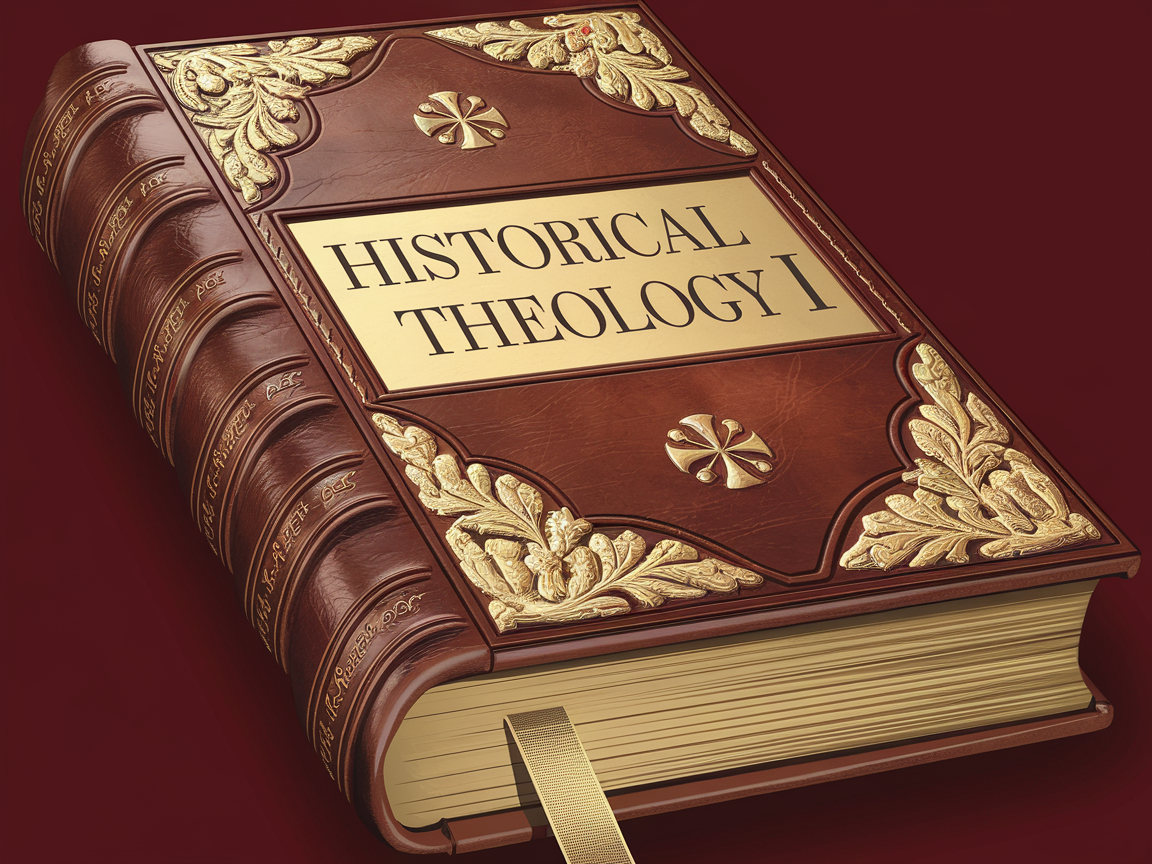Historical Theology I
The Historical Theology course explores the chronological development of the Christian Church from its beginnings in the Apostolic Age to the present day. It delves into pivotal events, significant figures, and theological developments that have shaped Christianity. By examining the …
Overview
The Historical Theology course explores the chronological development of the Christian Church from its beginnings in the Apostolic Age to the present day. It delves into pivotal events, significant figures, and theological developments that have shaped Christianity. By examining the Church’s role in society, politics, and culture, students will gain a deeper understanding of its historical context and relevance in contemporary times.
Certification
Participants who complete this course will receive a Certificate in Historical Theology, recognizing their comprehensive understanding of Christian historical developments and their ability to analyze its influence on modern faith and practice.
Course Objectives
- To provide a chronological understanding of the major events and movements in Church history.
- To examine the contributions of key figures and their theological insights to the growth of Christianity.
- To analyze the relationship between the Church and socio-political structures across eras.
- To foster an appreciation of the diversity and unity within the global Christian tradition.
- To encourage critical thinking about the historical and theological implications of events for contemporary Christian practice.
Learning Outcomes
By the end of this course, students will be able to:
- Chronicle Key Periods: Identify and describe the major eras in Church history, from the Apostolic Age to the modern era.
- Analyze Theological Contributions: Evaluate the theological and doctrinal contributions of pivotal figures such as Augustine, Aquinas, Luther, and Wesley.
- Contextualize Church-State Relations: Understand the Church’s evolving relationship with political powers, including the Roman Empire, medieval monarchies, and modern nation-states.
- Critique Historical Movements: Critically assess historical movements such as the Reformation, Counter-Reformation, and Enlightenment within their socio-political contexts.
- Apply Historical Lessons: Reflect on how the lessons of Church history can inform present-day Christian leadership, unity, and engagement with contemporary issues.
Curriculum
Curriculum
- 5 Sections
- 16 Lessons
- 10 Weeks
- Module 1: Early Church (1st to 4th Century)This module explores the beginnings of the Christian Church, its spread throughout the Roman Empire, and the challenges it faced, including persecutions and theological controversies. Topics covered in this module include: The Apostolic Age, The Ante-Nicene Period, The Great Persecutions, and The Conversion of Constantine and the Edict of Milan4
- Module 2: Medieval Christianity (5th to 15th Century)This module covers the establishment of Christian orthodoxy, the rise of monasticism, and interactions with emerging Islamic power. Topics covered in this module include: The Fall of Rome and the Rise of the Papacy, Eastern Orthodoxy and the Byzantine Church, The Crusades, and Scholasticism4
- Module 3: Reformation and Modern Christianity (16th to 18th Century)Analysis of the major reform movements that sought to address the corruption and doctrinal issues within the Church, leading to the birth of Protestantism. Topics covered in this module include: The Protestant Reformation, The Catholic Reformation, The English Reformation, The Age of Enlightenment and Christianity4
- Module 4: Contemporary Church (19th Century to Present)This module explores the global expansion of Christianity, the rise of modern theological movements, and the church's role in social issues. Topics covered in this module include: Missionary Movements and Colonialism, The Rise of Pentecostalism and Charismatic Movements Ecumenism and the Modern Ecumenical Movement, and Christianity and Contemporary Issues4
- Final Exam2


